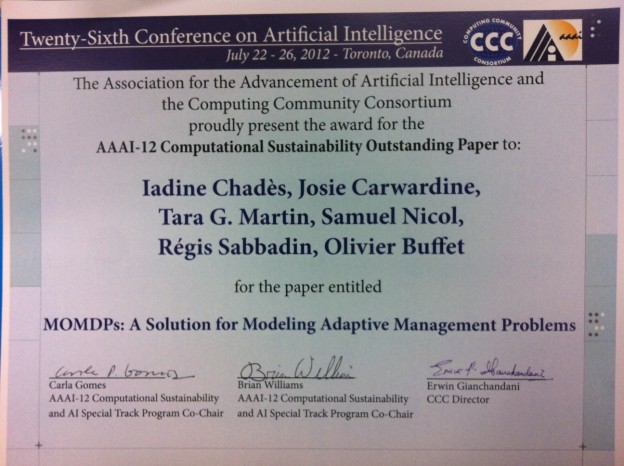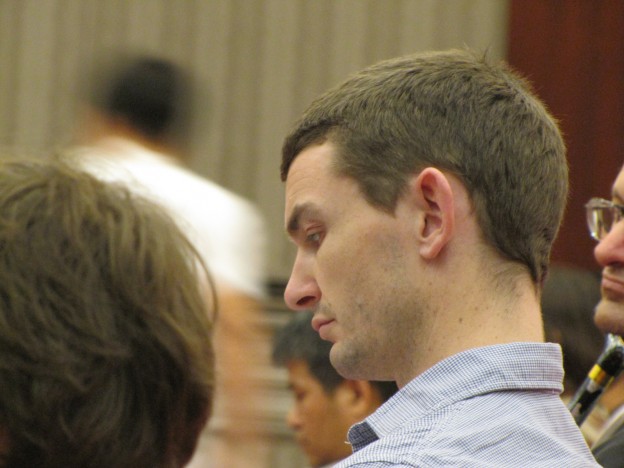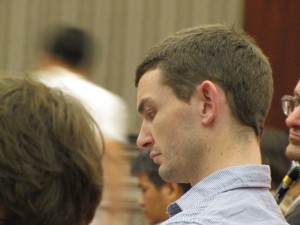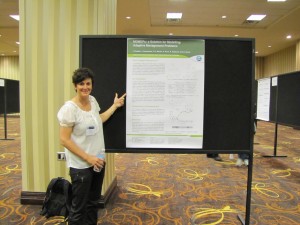Adaptive management and real options approaches for sequential decisions making have undergone significant evolution over the last two decades. Both approaches are based on stochastic optimal control and Markov decision processes. They evolved independently from each other and their developments were motivated by different needs.
Adaptive management was specifically developed to handle decision problems with imperfect knowledge of the dynamics of the system, and is known as ‘learning by doing’. On the other hand, real options analysis was introduced specifically to value the flexibility to change actions over time in response to the evolution of uncertainty, and represents both optimal sequential decisions under uncertainty and a capital budgeting methodology. Because of these different purposes, different analytic and numerical methods were developed to solve these problems.
In our recent MODSIM paper (Chades et al, 2015), we review and compare the concepts, applications and recent advances in the numerical and analytic techniques in adaptive management and real options methodologies. A large body of knowledge accumulated in both fields makes a comprehensive review impractical in the context of this paper. Therefore, our review focuses on the most recent developments, with the purpose to identify potential areas of new developments that would address new challenges in the environmental decision area.
I. Chadès, T. Tarnopolskaya, S. Dunstall, J.Rhodes, and A.Tulloch (2015). A comparison of adaptive management and real options approaches for environmental decisions under uncertainty. In Weber, T., McPhee, M.J. and Anderssen, R.S. (eds) MODSIM2015, 21st International Congress on Modelling and Simulation. Modelling and Simulation Society of Australia and New Zealand, December 2015. ISBN: 978-0-9872143-5-5. (PDF)




